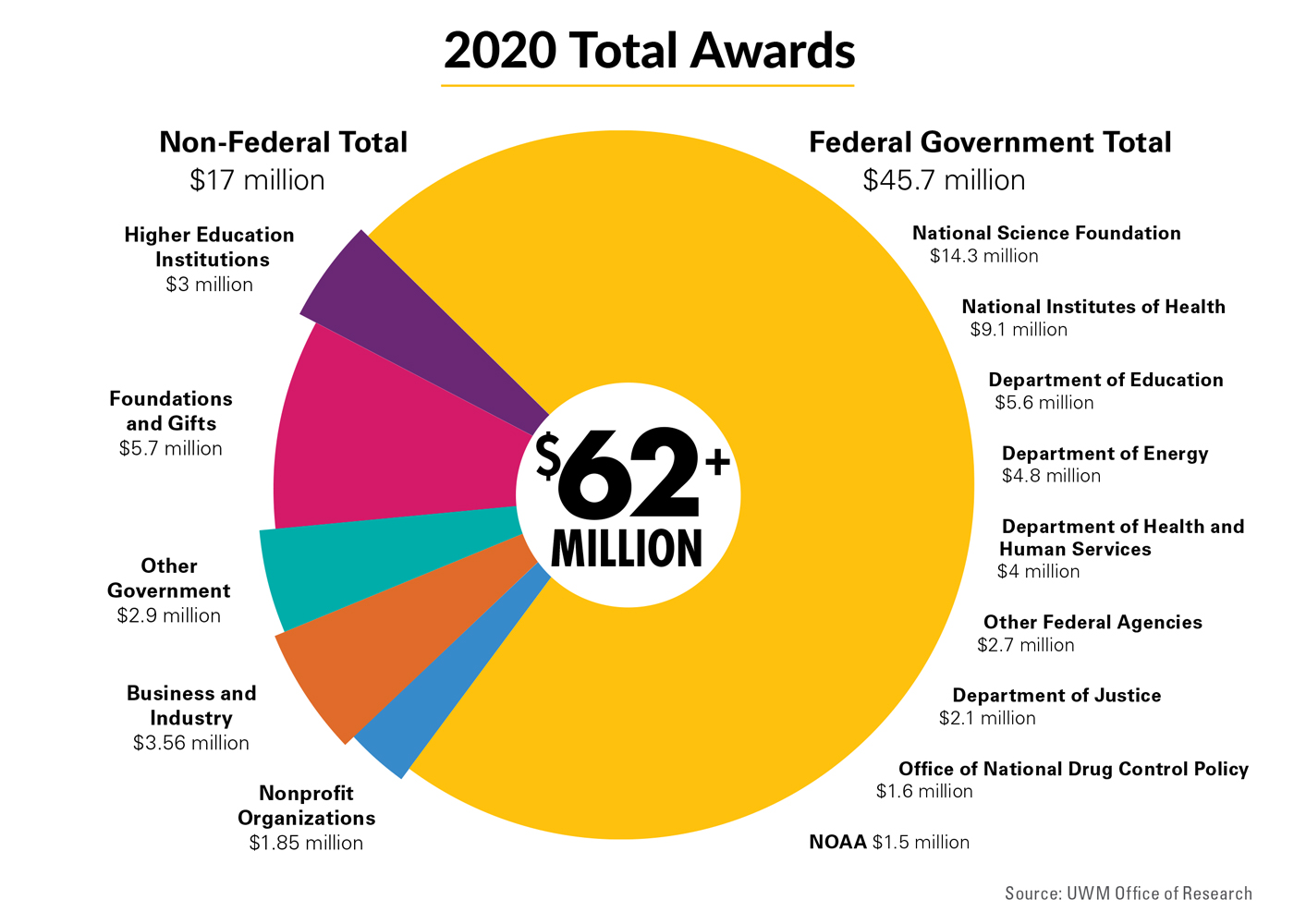Youth well-being has become a pressing issue in modern society, highlighted by compelling findings from a recent global study on human flourishing. This research underscores the critical need for investments in youth health, challenging the notion that financial wealth guarantees true well-being among young individuals. In fact, some middle-income countries outpace wealthier nations in promoting flourishing among their youth, suggesting that the impact of wealth on well-being is more complex than previously understood. As Tyler VanderWeele from Harvard points out, the alarming trends in youth mental health and economics bring to light the necessity of fostering strong social connections and supportive environments. In an era where financial success often overshadows emotional and social fulfillment, prioritizing holistic approaches to youth well-being is paramount for nurturing resilient futures.
When discussing the vitality of young people’s lives, terms such as youth development and adolescent wellness often come to the forefront. These concepts encompass not only physical health but also emotional stability, social relationships, and a sense of purpose among young individuals. Recent investigations reveal that the flourishing of youth is intricately linked to their upbringing and community support, emphasizing the role of nurturing relationships and mental resilience. Furthermore, acknowledging the multifaceted nature of youth prosperity—where economic indicators alone fail to capture the full picture—encourages a broader dialogue about how we can enhance the quality of life for adolescents worldwide. As we explore these dimensions, it becomes increasingly clear that investing in the overall welfare of our youth is crucial for creating a supportive society that values both personal growth and collective progress.
The Importance of Investing in Youth Well-Being
Investing in youth well-being is pivotal for fostering a healthier, more prosperous society. Recent findings from the Global Flourishing Study highlight the need for a renewed focus on the well-being of young individuals, particularly in the United States, where youth satisfaction levels starkly contrast with those of older generations. As Tyler VanderWeele notes, the question arises: are we allocating sufficient resources towards youth programs and mental health services? With mental well-being intricately linked to character development, social relationships, and financial security, ensuring that young people have access to necessary resources is essential for maintaining their flourishing.
The evidence from the study indicates that youth are experiencing a decline in overall life satisfaction compared to previous generations. By investing in youth health initiatives, including mental health awareness and support, we can help reverse this troubling trend. Wealth alone does not guarantee well-being; the experiences and support systems available to young people play a crucial role in their flourishing. Countries that have prioritized community and relationship-building measures, despite being classified as lower income, have outperformed wealthier nations in youth emotional health metrics.
Mental Health and Economics: An Inextricable Link
The intersection of mental health and economics has profound implications for youth flourishing. The Global Flourishing Study emphasizes that financial stability does not directly correlate with higher levels of happiness and fulfillment among young people. Countries with robust economic systems often overlook the intrinsic value of mental health investments, leading to a lack of support for youth. Mental health issues, particularly in economically developed nations, are increasingly prevalent. Therefore, it is crucial to recognize the impact of wealth on well-being, advocating for policies that address both economic and mental health domains to enhance overall youth satisfaction.
Furthermore, the findings reveal a concerning trend: as economies grow, the mental health of the population, particularly among the youth, may not necessarily improve. This calls for a holistic approach to economic development, emphasizing that without nurturing the mental health of young individuals, our investments may yield diminishing returns. For comprehensive growth, we must intertwine economic initiatives with programs that bolster mental health wellness, ensuring that youth have the support they need to thrive both personally and economically.
The Shift in Flourishing Patterns Among Youth
Recent research has uncovered a significant shift in the patterns of flourishing among youth, indicating a concerning trend where traditional measures of well-being are eroding during the late teenage years and into their twenties. This shift has been seen as changing from a U-shaped curve of happiness to a J-shaped one, with young people facing unprecedented levels of stress and uncertainty. The Global Flourishing Study serves as evidence that mental health issues are escalating as pressures from social media, academic performance, and economic instability mount upon youth, affecting their ability to flourish.
This evolution in well-being highlights the urgency of developing effective support networks and interventions targeted toward young individuals. By prioritizing mental health resources and establishing supportive environments, we can mitigate the long-term repercussions of this crisis. Addressing these challenges through community engagement, educational reforms, and mental health awareness can provide youth with the tools they need to navigate their formative years successfully, ultimately helping them transition into adulthood with a higher likelihood of flourishing.
Global Comparison of Youth Prosperity
The findings from the Global Flourishing Study provide insightful comparisons of youth prosperity across various nations. While wealth typically influences perceptions of well-being, the study revealed that lower-income countries can sometimes foster better flourishing conditions for their youth. For instance, Indonesia topped the rankings based purely on well-being indicators, showcasing that strong social ties and community support can often outweigh financial advantages. Thus, global comparisons reveal that economic status should not be the sole determinator of youth well-being, prompting a reevaluation of development indicators.
This data is especially critical for policymakers and advocates who might typically associate financial wealth with elevated happiness and satisfaction. By highlighting nations like Indonesia, which foster community and personal connections among their youth, stakeholders can glean valuable insights into creating policies that promote social well-being over mere economic gain. To genuinely elevate youth well-being globally, it is essential to look beyond monetary wealth and consider the cultural and relational contexts that contribute significantly to the flourishing of young individuals.
Flourishing Through Social Relationships
Within the comprehensive findings of the Global Flourishing Study, one consistent theme emerges: the critical role of social relationships in determining well-being among youth. Researchers found that strong familial ties, friendships, and community connections significantly contribute to higher levels of happiness and contentment. This insight emphasizes the importance of not just financial resources but emotional and psychological support systems that youth need to thrive. Programs that foster these connections can lead to better mental health outcomes and resilience among young people.
Moreover, the impact of social relationships on flourishing extends to the economic realm. Youth who have stable, supportive relationships are more likely to engage positively with their communities and economies. They benefit from shared experiences and emotional backing, which can translate into improved mental health and personal development. By nurturing environments that encourage healthy social interactions, we not only improve individual flourishing but also cultivate a stronger, more cohesive society where young people can grow into thriving adults.
The Role of Education in Promoting Youth Flourishing
Education plays a pivotal role in shaping the overall well-being and flourishing of youth. The Global Flourishing Study highlights that educational environments that foster emotional intelligence and social connection significantly contribute to satisfaction and happiness among young individuals.Access to quality education doesn’t merely equip youth with knowledge; it also cultivates essential soft skills and resilience. As such, how education is structured and delivered can either support or hinder flourishing among youth, pointing to the need for educational reforms that prioritize holistic development.
In addition, educational institutions must address mental health and financial well-being as integral parts of the curriculum. Programs aimed at teaching young people about mental resilience, emotional management, and even financial literacy can empower them to face life’s challenges effectively. By creating a holistic educational approach that incorporates essential life skills, schools can positively influence youth flourishing, promoting a generation that is both educated and emotionally equipped to thrive.
Security and Stability: Foundations of Flourishing Youth
Economic and emotional security are fundamental components of youth flourishing, as revealed by the Global Flourishing Study. Young individuals who experience stable environments—be it through family, school, or community settings—tend to exhibit higher levels of happiness and success. A secure upbringing not only promotes mental health but also instills a sense of confidence and purpose, essential traits for thriving in adulthood. Thus, investing in stability for youth is not merely beneficial; it’s crucial for fostering a generation capable of flourishing.
The implications of this data should not be understated. By prioritizing investments that ensure safety and stability for youth, societies can build a solid foundation for future well-being. Initiatives like affordable housing, access to mental health resources, and community engagement programs are vital for creating stable conditions under which youth can thrive. As we reflect on the findings of the Global Flourishing Study, the call to action is clear: it is imperative to enhance the security of our youth in every context to ensure they can flourish.
Spirituality and Flourishing in Youth
Spirituality emerges as a surprising yet vital component of youth flourishing, as discussed in the Global Flourishing Study. The study finds that participation in spiritual practices, including religious services, is strongly correlated with positive well-being outcomes among youth. This highlights the importance of nurturing not just the intellectual and emotional facets of youth but also their spiritual growth. Such engagement can provide a sense of meaning, purpose, and deeper relationships, which are paramount for cultivating a fulfilling life.
Moreover, incorporating spiritual education into youth programs can offer profound benefits. By encouraging young individuals to explore their beliefs and values, communities can help them develop a strong sense of identity and belonging. This, in turn, creates a supportive environment where youth can connect with like-minded peers and mentors, further enhancing their flourishing. As we approach youth well-being, addressing the spiritual dimensions alongside mental, emotional, and economic facets is essential for fostering comprehensive personal growth.
Challenges and Opportunities in Youth Well-Being
The Global Flourishing Study reveals both challenges and opportunities in improving youth well-being across the globe. Amidst rising mental health issues and dissatisfaction rates, there is a dire need for comprehensive strategies that address these concerns. By understanding the complex interplay between economic status, social relations, and personal circumstances, stakeholders can forge new paths to foster youth flourishing. This includes investing in programs that tackle the specific needs of marginalised youth, ensuring that all young individuals have the opportunity to thrive.
Simultaneously, these challenges present unique opportunities for innovation and collaboration in youth services. Engaging various sectors—education, healthcare, and community organizations—can lead to holistic solutions that address not only the financial but also the emotional and social needs of the youth. By leveraging the insights gained from the Global Flourishing Study, stakeholders can create tailored initiatives that promote resilience, satisfaction, and well-being among young individuals, paving the way for a brighter future.
Frequently Asked Questions
What is global study youth well-being and how is it measured?
Global study youth well-being refers to research examining the health and happiness of young individuals across various nations. It’s measured using surveys that assess multiple variables such as health, happiness, relationships, and financial security. The Global Flourishing Study, for instance, enrolled 203,000 respondents worldwide to understand these dimensions of flourishing among youth.
How does flourishing among youth differ between wealthy and lower-income nations?
Flourishing among youth often shows surprising trends, as revealed by the Global Flourishing Study. While wealth impacts well-being, the study found that middle-income countries typically rank higher in youth flourishing than wealthier nations. This suggests that economic status alone does not guarantee greater well-being among youth.
What is the impact of wealth on youth well-being according to recent studies?
Recent studies indicate that wealth does not necessarily correlate with improved youth well-being. The Global Flourishing Study highlighted that countries with lower economic status, like Indonesia, often display higher youth flourishing levels than wealthier nations. This raises critical questions about how investments in youth health can be optimized beyond economic measures.
Why is investment in youth health crucial for overall flourishing?
Investment in youth health is essential because it fosters better physical and mental well-being, which is integral to flourishing. The Global Flourishing Study emphasizes that strong familial relationships and good childhood health positively affect adult flourishing. By investing in youth health, societies can enhance well-being long-term.
How does mental health relate to economics in terms of youth well-being?
Mental health is closely tied to economics, impacting youth well-being significantly. Economic stressors can exacerbate mental health issues among young people. The Global Flourishing Study indicates that promoting economic stability alongside mental health initiatives can create a nurturing environment for youth, enhancing their overall well-being.
What role do social connections play in youth flourishing and well-being?
Social connections are vital for youth flourishing. The Global Flourishing Study found that strong relationships, stemming from childhood, correlate with higher levels of well-being in adulthood. By fostering community and pro-social behaviors during youth, societies can enhance overall flourishing outcomes.
Are there notable differences in youth well-being across different cultures?
Yes, the Global Flourishing Study showcases distinct variations in youth well-being across cultures. Factors like family dynamics and community involvement heavily influence these differences. For instance, cultures that emphasize relationships and social connections tend to rank higher in youth flourishing, regardless of economic status.
What are some key factors contributing to youth mental health and well-being?
Key factors contributing to youth mental health and well-being include supportive family relationships, stable economic conditions, community involvement, and access to mental health resources. The Global Flourishing Study underlines the importance of these elements in fostering a healthy environment for youth to thrive.
How has the perception of youth flourishing evolved over recent years?
The perception of youth flourishing has evolved to acknowledge that economic wealth alone does not equate to well-being. Recent studies, including the Global Flourishing Study, show troubling trends where youth in wealthier nations report lower levels of flourishing. This shift highlights the need for a more holistic approach to youth health and happiness.
| Key Point | Description |
|---|---|
| Youth Well-being Concerns | A major study highlights troubling trends in youth well-being, especially in the U.S. |
| Financial Status vs. Well-being | The study reveals that wealth does not guarantee higher levels of well-being in youth. |
| Global Comparisons | Countries like Indonesia and Mexico rank higher in youth well-being compared to wealthier nations like the U.S. |
| Longitudinal Study | The study is ongoing, aiming to further understand the factors influencing youth flourishing. |
| Role of Relationships | Good maternal and paternal relationships positively impact youth well-being. |
Summary
Youth well-being is a critical issue that requires urgent attention and investment. The study highlights that wealth alone does not ensure a flourishing life for youth. Instead, social connections and meaningful relationships play a pivotal role in their overall well-being. Addressing these aspects is essential for fostering a supportive environment where young individuals can thrive.



